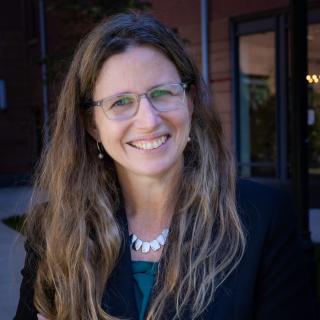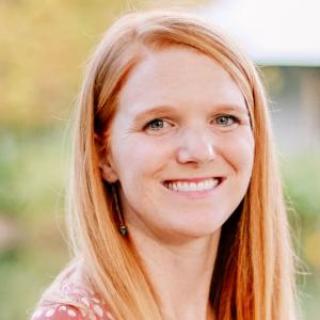
PHLpre-K Evaluation Research Project
Philadelphia’s Preschool Program was initiated after a pivotal May 2015 referendum. NIEER undertook a multi-year, multi-site evaluation of Philadelphia's pre-kindergarten program between 2017 & 2023.
About the Project
Philadelphia’s Preschool Program (PHLpreK) was initiated after a pivotal May 2015 referendum, where city voters showed their support for the establishment of the Philadelphia Commission on Universal Pre-Kindergarten. The commission was tasked with proposing a universal pre-K program to provide high-quality, affordable, and accessible services to children in the city, ages 3 and 4. The PHLpreK program was consequently launched in the winter of 2017 as the City of Philadelphia's free, quality pre-K program.
Generously funded by the William Penn Foundation, NIEER undertook a multi-year, multi-site evaluation of Philadelphia's pre-kindergarten program between 2017 and 2023. Through a combination of research methods and designs, this evaluation has assessed the program's components and overall quality over the years. Importantly, it also examined the program's impact on children's learning and development. By rigorously evaluating Philadelphia's pre-K program as it was established and expanded, this project contributes invaluable insights for strengthening preschool programs in the city, ultimately benefiting the city's youngest learners.
Evaluations
Our evaluation work for PHLpreK encompasses annual assessments of program quality, the total economic impacts of Philadelphia’s Beverage Tax, a comprehensive audit of the program’s components, and recommendations proposed to the program two years into its inception. Commencing in 2023, the City of Philadelphia has engaged NIEER to continue conducting the annual assessments of program quality.
This study is the first to examine the full macroeconomic impact of the PBT on Philadelphia’s overall economy, in contrast to previous studies that provided only partial microeconomic analyses, such as focusing solely on beverage purchases or specific industries. To estimate the direct and economic effects of the PBT and PHLpreK, a computable general equilibrium model was specially constructed for this study. Read the research here
We have produced a series of annual reports that are valuable for understanding the impact of PHLpreK and highlight the need for continuous improvement and data-driven strategies to enhance preschool quality. Philadelphia’s Preschool Program (PHLpreK) has completed its seventh year, following its creation after a 2015 referendum. Over the past seven years, NIEER has evaluated the program, focusing on quality, components, and children's development. Access all annual reports and learn more about the findings and recommendations here. Access all annual reports and learn more about the findings and recommendations here.
On May 19, 2015, Philadelphians voted overwhelmingly (80 percent) to create the Philadelphia Commission on Universal Pre-Kindergarten, which led to the establishment of the Philadelphia preschool program (PHLpreK). The Commission recommended an external evaluation to monitor quality and report on child outcomes. This report is part of that evaluation, benchmarking PHLpreK back in 2018 against research-based criteria for high-quality, effective programs. The report follows four steps: outlining the evaluation framework, assessing PHLpreK's adherence to key elements, comparing it with other city programs, and recommending improvements. Read the report here
The quality recommendations for PHLpreK were developed in 2019 toward implementing critical components of an effective pre-k program, with immediate and interim steps highlighted and budget implications indicated where applicable. These recommendations emphasize that maintaining high quality is essential for effectiveness, urging that quality standards not be compromised when expanding access. While some programs will need time to meet high-quality standards, the recommendations highlight the importance of adhering closely to these standards. Read the recommendations here
Research Team
Dr. Milagros Nores is the Co-Director for Research and Research Professor at the National Institute for Early Education Research (NIEER). With a profound expertise in early childhood evaluation, informing data-driven policy and programming, cost and benefits of early interventions, evaluation design, equity, and English language learners, she has established herself as a leading researcher in the field of early care and education.
Erin Harmeyer is an Assistant Research Professor at NIEER. Her research interests include family childcare quality; caregiver-child interactions; and the academic readiness skills of preschool-age children.
W. Steven (Steve) Barnett is a Board of Governors Professor and the founder and Senior Co-Director of the National Institute for Early Education Research (NIEER) at Rutgers University. Dr. Barnett’s work primarily focuses on public policies regarding early childhood education, child care, and child development.







